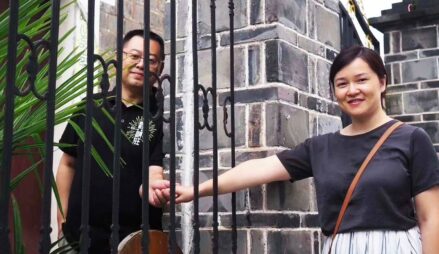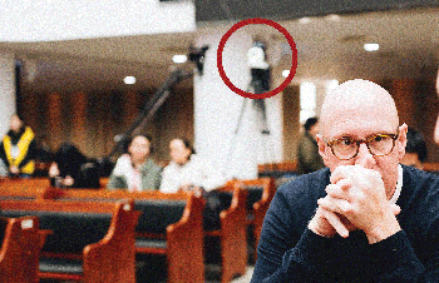The government in China is trying to suffocate the faith of Chinese Christians. Here’s how:
1. They’re wielding unprecedented technological power.
The technological capabilities of the Chinese government are as good or better than any other government’s in the world. Most of the world’s leading technology companies build their devices in China, but China has also made its own technological investment a key goal for the next 10 years. Their technological advancements have made their tech spread around the world.
But that technology is increasingly put to use in ways that threaten to strangle the church in China. China monitors all internet usage in the country, banning some services like Facebook outright, and carefully keeping tabs on the service WeChat used throughout China. This means religious speech is always under the microscope.
Under the promise of “security,” China has forcibly installed surveillance cameras in some churches, and churches around the country have seen cameras installed in their sanctuaries and lobbies. Churches that refuse can be shut down and pastors can be sent to jail.




